Teagasc total income was down by nearly €2m last year, but total costs also dropped by over €6m, its latest set of accounts shows.
Depending on whether you include or exclude the net deferred funding for pensions, the ‘actual’ numbers change slightly.
However, income from the individual aspects of the Teagasc business fell.
For example, knowledge transfer was down €2m (9.75%) and research income was down by €4.2m, (11%).
Operational costs were lower as COVID-19 changed how advisers and researchers worked in 2020
On the plus side, Teagasc received State grant-in-aid for current operations of €132.916m and a further €11.457m in capital grants, up €2.5m and €6.1m, respectively.
If we exclude the net deferred funding for pensions, Teagasc income in 2020 was €198m, the same as 2019.
Operational costs were lower as COVID-19 changed how advisers and researchers worked in 2020.
Teagasc director Gerry Boyle’s remuneration last year was €167,000, excluding retirement benefits.
Teagasc employed 1,313 on its payroll last year, up from 1,270 in 2019
In all, four Teagasc employees were paid between €160,000 and €169,999 last year, including salary, overtime and allowances.
Some 66 employees were paid between €100,000 and €169,999, including salary, overtime and allowances.
Teagasc employed 1,313 on its payroll last year, up from 1,270 in 2019.
Teagasc chair Liam Herlihy said that, in spite of the pandemic, Teagasc advisory staff exceeded their 2020 targets for client numbers, income and consultations, albeit many of the latter were delivered by telephone or virtually.
A special tribute is also due to our farm staff and those that work in our labs
Through the 2020 calendar year, Teagasc held 201 Zoom webinars and 6,682 Zoom meetings, supporting farmer clients and other stakeholders.
Herlihy paid tribute to the response of Teagasc staff who embraced the challenge of delivering entire programmes in advisory and education through online platforms.
“A special tribute is also due to our farm staff and those that work in our labs who had to attend their place of work throughout the entire period,” Herlihy said on Tuesday.
Board of Teagasc
Following the dairy beef v sucklers controversy, the board of Teagasc has come in for criticism, with some suggesting the board is more dairy orientated than other sectors.
Most are nominations from the Minister for Agriculture as representative organisations.
Liam Herlihy (chair), John Buckley, Tommy Cooke, Pat Duffy, Richard Kennedy (retired January 2020) and Brian Rushe (started January 2020) are all directly dairy enterprise-related. Retired Aurivo chair Pat Duffy sits on the Teagasc board as ICOS representative.
Rushe is the IFA representative, Cooke the ICMSA representative (soon to be replaced), John Buckley the Macra representative and Liam Herlihy is a retired Glanbia chair. Liam Woulfe was reappointed for a second term during the year and Cliona Murphy finished her five-year term and was replaced by Elizabeth Reynolds.
Dairy beef v sucklers – Teagasc clarifies position
Much of the discussion at the announcement of the Teagasc annual results centred on the comments and subsequent apology by outgoing director Gerry Boyle made at the Dublin economics workshop the previous week.
There are lots of different farmers and we need to support decisions they make with facts and economic advice
Teagasc chair Liam Herlihy said he had sat down with the director when he was appointed chair to clarify Teagasc policy and he was clear that Teagasc policy is that independent and top-quality research driven on economics is what Teagasc needs to deliver.
He said: “There are lots of different farmers and we need to support decisions they make with facts and economic advice. There is no conflict between myself and the director on this matter.”
Regret
Outgoing director Gerry Boyle said: “I regret what I said in an unscripted answer to a question.
“My biggest regret is I deviated from my own position, which I created when I took up the role over 14 years ago, which was not to favour one sector over another, but to put the best research and advice out and let farmers take the advice and risk on.
I’m delighted to be in a position to let the facts and information speak for themselves
“In Teagasc, we do a huge amount for the beef sector with over 140 advisers and over 2,000 students in college at any one time studying beef.”
Incoming director Frank O’Mara said he is really looking forward to working with all sectors.
He said: “I’m delighted to be in a position to let the facts and information speak for themselves.
“If the minister asks for specific analysis from Teagasc, then we can do that,” said O’Mara, who is taking up the director role officially this week. I’m taking up my new role on Friday.”
On Thursday he takes up the Teagasc seat on the Climate Change Advisory Council.
Speaking on climate challenges, O’Mara said if all countries take on a livestock reduction policy then we will have a dysfunctional food system, but that sectoral targets for carbon are the difficult decisions that governments are going to have to take.
I have my own views as an economist
When asked if livestock were to be limited in Ireland what stock class would go first, Prof Boyle would not be drawn into an answer. He said: “When we get into speculation then that is all that it is.
“I have my own views as an economist. I’m passionate about livestock systems, but everywhere else I go I’m pressured that we [Teagasc] are not doing enough for other farm alternative options.
“However, I see a lot of these alternatives as niche options (organics, horticulture) and of course we have, are and will do work for these sectors, but there is plenty we can still do for livestock systems.”




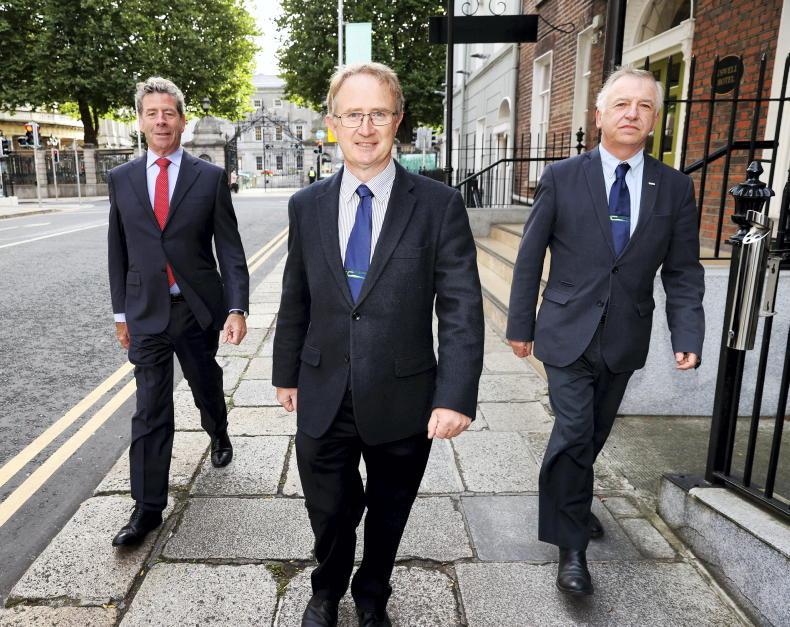
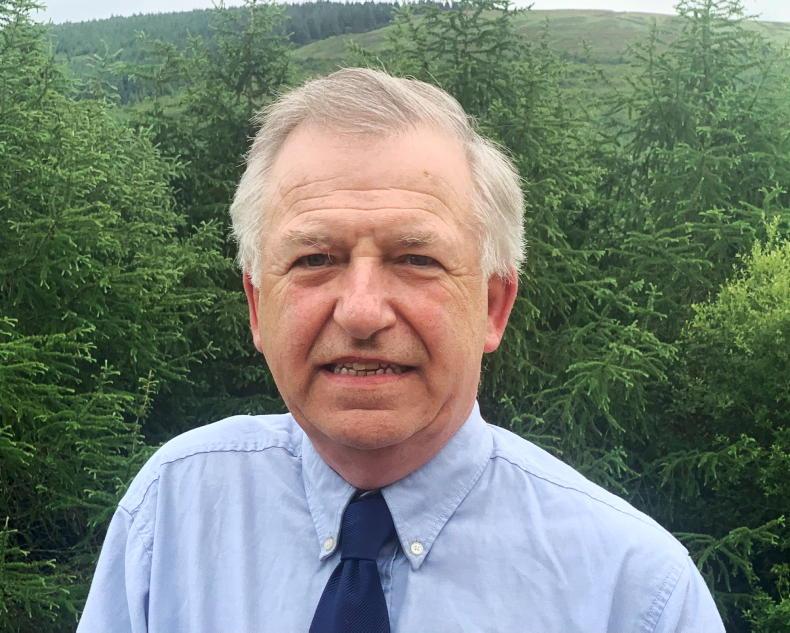
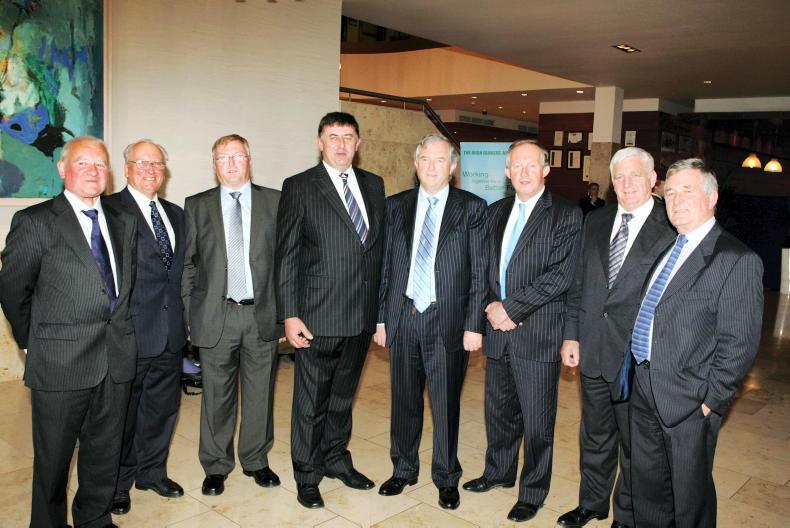
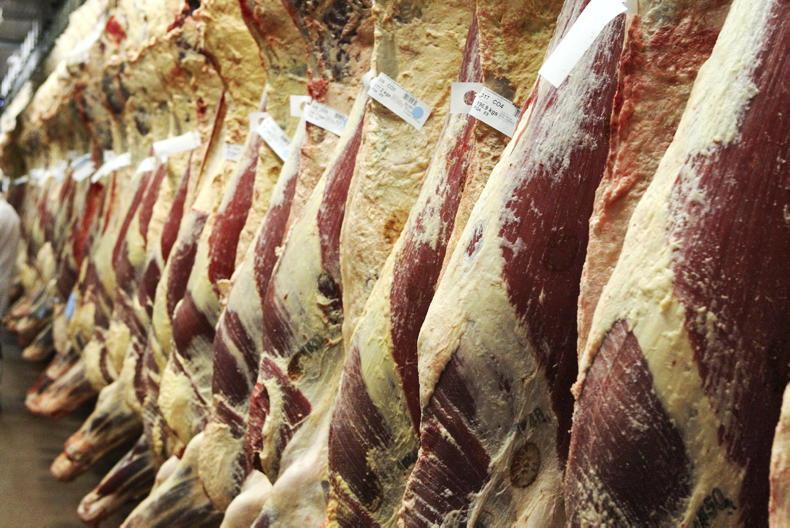
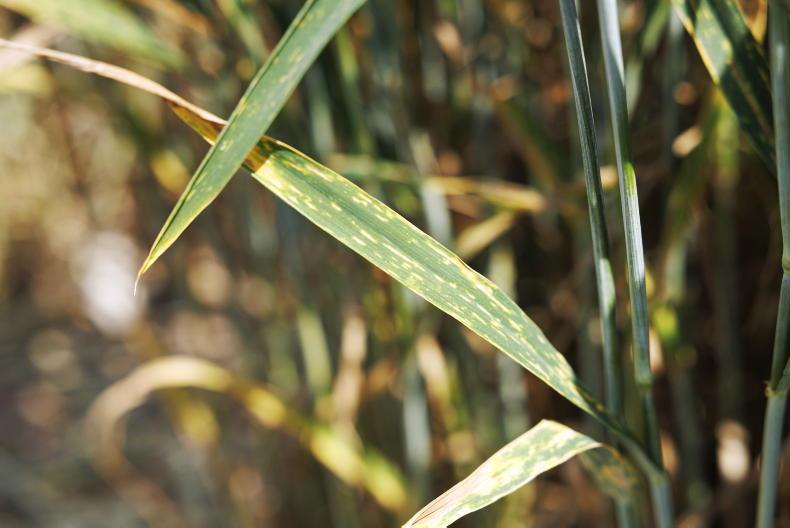
SHARING OPTIONS